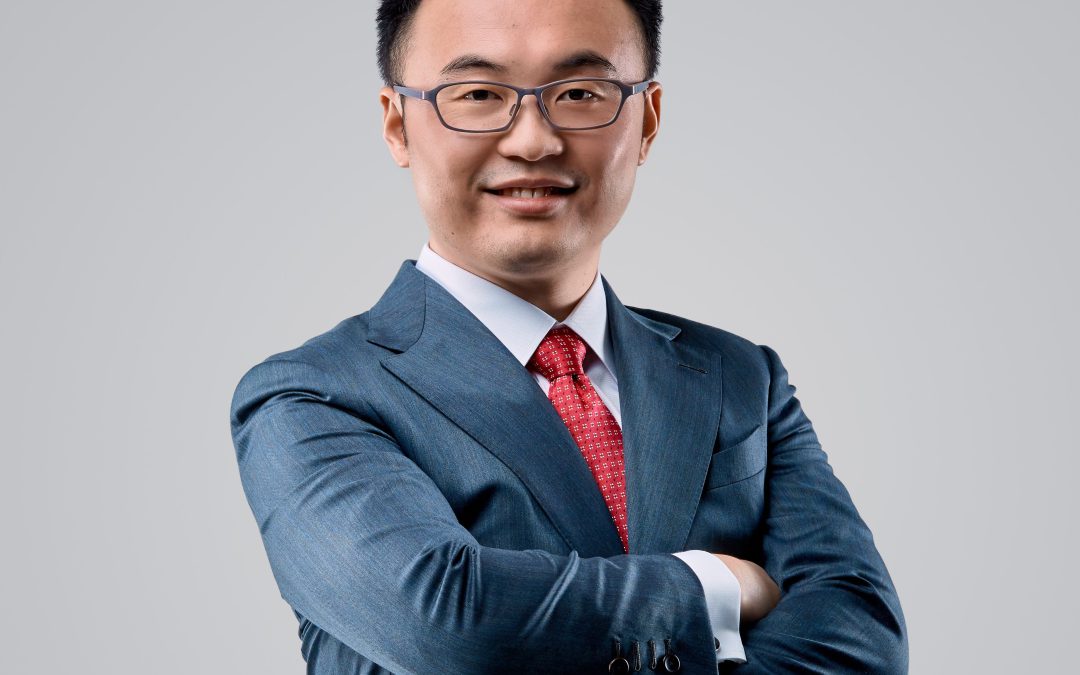South Africa’s G20 Presidency arrives as artificial intelligence (AI) becomes the organising principle of global competitiveness. Across markets, AI is no longer a pilot or a promise; it is moving into core operations and national strategies. The question for South Africa is how we shape this shift to advance the country’s priorities, of growth, jobs, exports and inclusion.
Our starting point is strength. AI is already unlocking clear value in the engines of South Africa’s economy. In mining, AI-driven predictive maintenance and safety analytics reduce downtime and improve performance. In manufacturing, machine learning optimises production lines, quality control and energy use. In logistics, route planning, demand forecasting and real-time visibility sharpen delivery reliability and cost-to-serve. Local research and industry experience show that firms which move beyond pilots and embed AI at scale are realizing, the industrial dividend of AI, demonstrated by measurable efficiency and financial gains.
Yet limiting our national AI ambition to industrial efficiency would leave value on the table. South Africa’s competitiveness draws from both production and identity, a creative nation with globally resonant stories, music, film, design and living heritage. The same AI-ready infrastructure that strengthens factories and supply chains can equally fuel a second engine of growth in cultural competitiveness.
Heritage is investable capital with scalable value. With inclusive digital infrastructure and AI-enabled services, South Africa can extend the reach and revenue of the arts, culture and tourism sectors, among the country’s most entrepreneurial and youth-intensive ecosystems. Practical possibilities are abound from township theatres streaming to global audiences, museums and archives digitised and made discoverable, to AI translation and conversational tools that make heritage sites seamless for international visitors; secure platforms that connect local makers and creatives to cross-border buyers. With South Africa’s booming tourism sector, these could also include immersive experiences that extend tourism before and after travel.
Connectivity is the first mile of AI. At Huawei we believe that building ubiquitous and inclusive telecommunication networks is the essential foundation for economic development and societal progress, and essentially the baseline for everything from smart factories to digitised culture. Digital infrastructure technologies, like 5G and its broad availability, will create the cultural AI dividend, converting identity into export capability.
However, infrastructure alone is not enough. As Shane Maja, Director of Creative Arts at the Gauteng Department of Sports, Arts and Culture, cautioned at the recent AI in Film Conference in Sandton, the way AI is trained and deployed will decide whether South Africa amplifies its cultural voice or risks narrative displacement. He cautioned that when models are trained on datasets that ignore African languages, idioms and histories, the result is cultural flattening and a strategic risk to brand South Africa. He recommends for the continent to invest in African datasets; protect authorship and consent; ensure that AI augments creative labour rather than replacing it; and embed ethics-by-design so cultural integrity scales with distribution.
This is not only a cultural concern. A recent global research report, AI and the Creative Industries argues that without licensing and attribution frameworks, generative AI risks normalising the extraction of creative labour while bypassing the very economic mechanisms that sustain the creative economy.
The lesson from streaming’s adaptive AI era is also instructive. When recommendation systems first disrupted music, rights-holders, regulators and platforms evolved legal and business infrastructure in parallel, from licensing frameworks to the US Music Modernisation Act.
The result was revitalisation, not collapse. As Charles Goldstuck, author of the report notes, South Africa should take the same approach with AI, build governance and business models alongside innovation, so the cultural dividend is scaled rather than eroded.
Harnessing both dividends, industrial and cultural, depends on the same foundations. It begins with inclusive digital infrastructure. South Africa needs affordable, reliable connectivity that stretches from cities to townships and rural communities, supported by modernised data centres, cloud capacity and edge capabilities where they make operational sense.
It also requires skills at scale, with pipelines that equip everyone from operators on the plant floor to coders, designers and cultural practitioners, blending technical competence with cultural literacy. An open and trusted ecosystem is equally vital, with standards, partnerships and platforms that allow SMEs, start-ups and cultural institutions to participate without prohibitive costs or complexity. Underpinning it all is data stewardship and governance that secures privacy and intellectual property while enabling the responsible use of data to build competitive services across both industry and culture.
Heritage Month offers a timely signal, that South Africa’s future competitiveness will be written in two languages, that of industrial excellence and of cultural intelligence. With inclusive digital infrastructure and responsible AI, we do not have to choose. We can lead in both.


